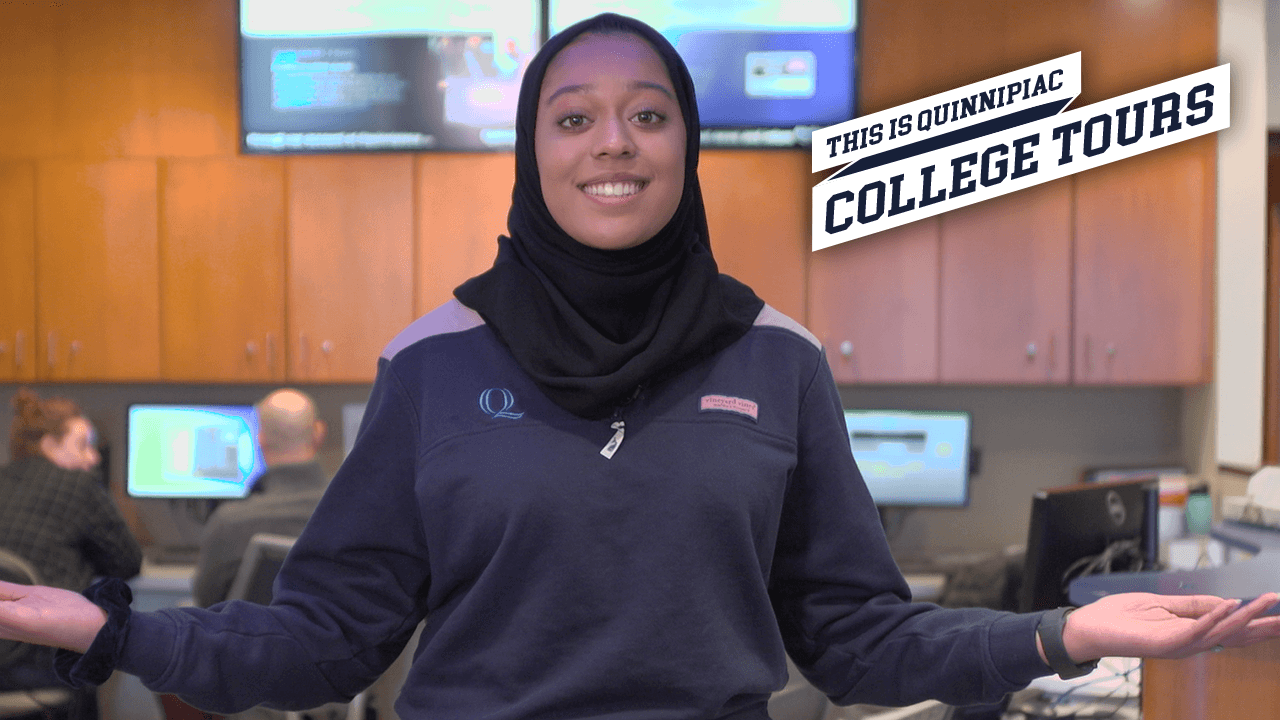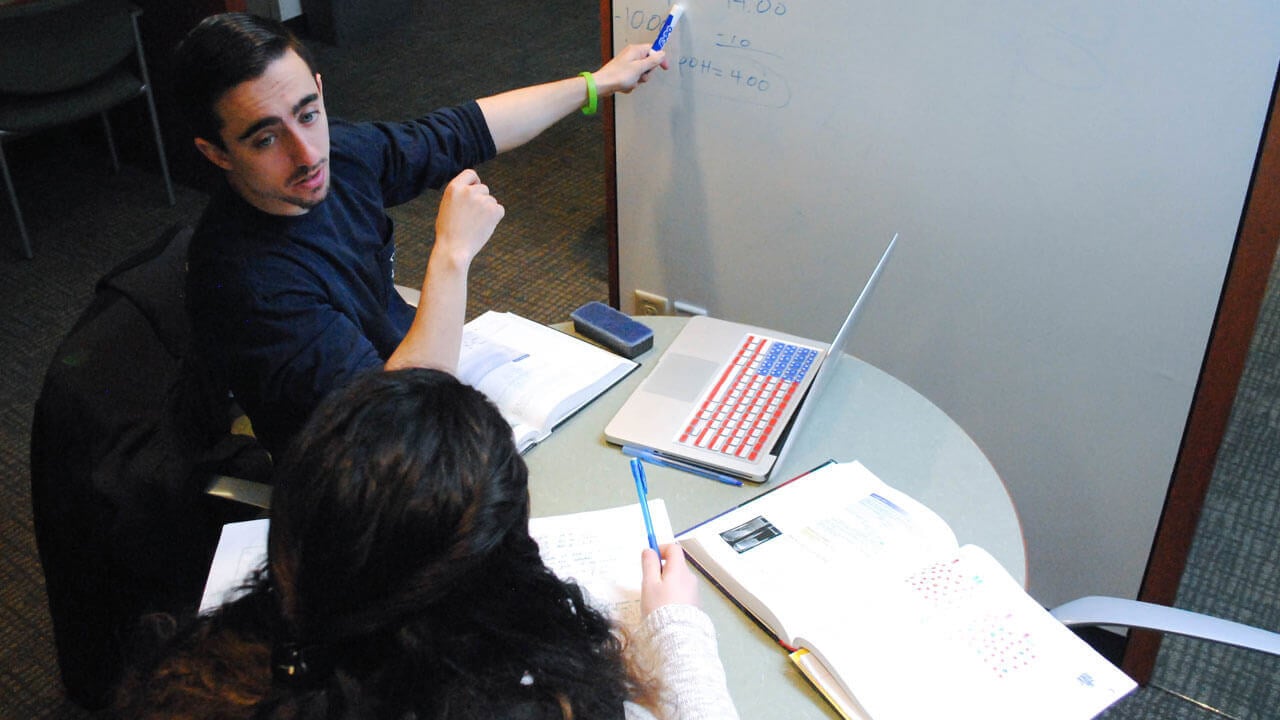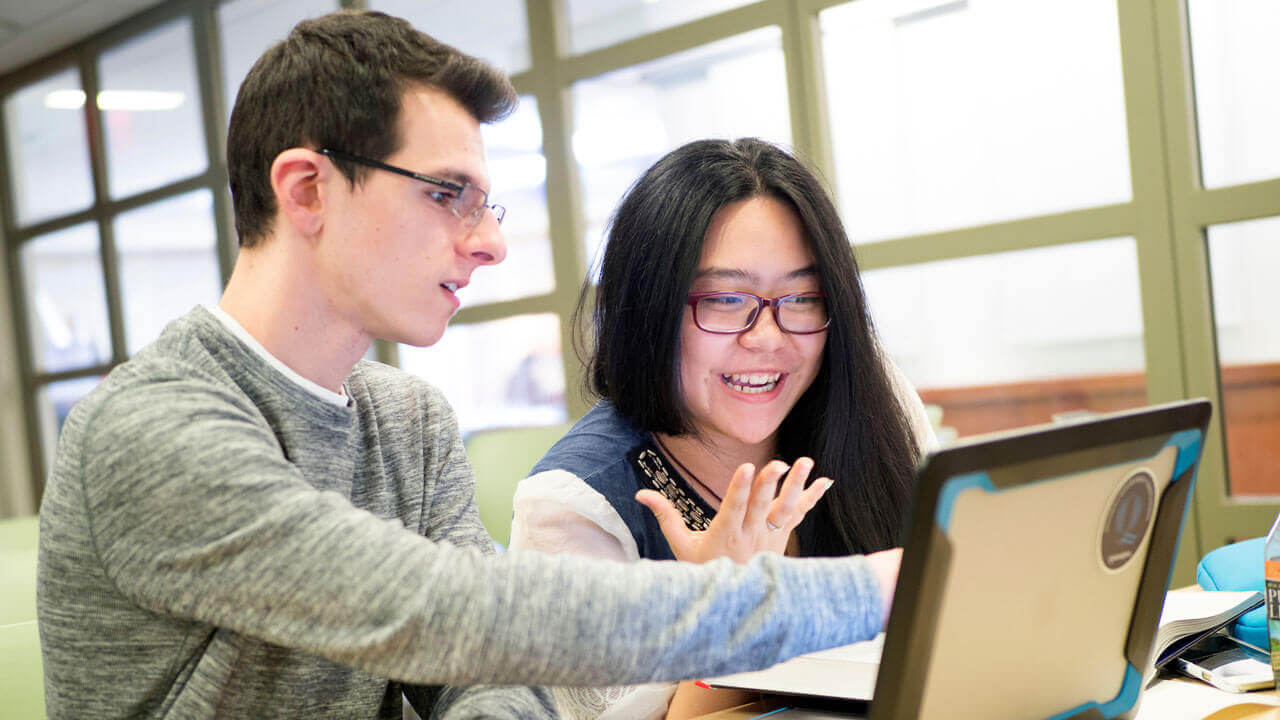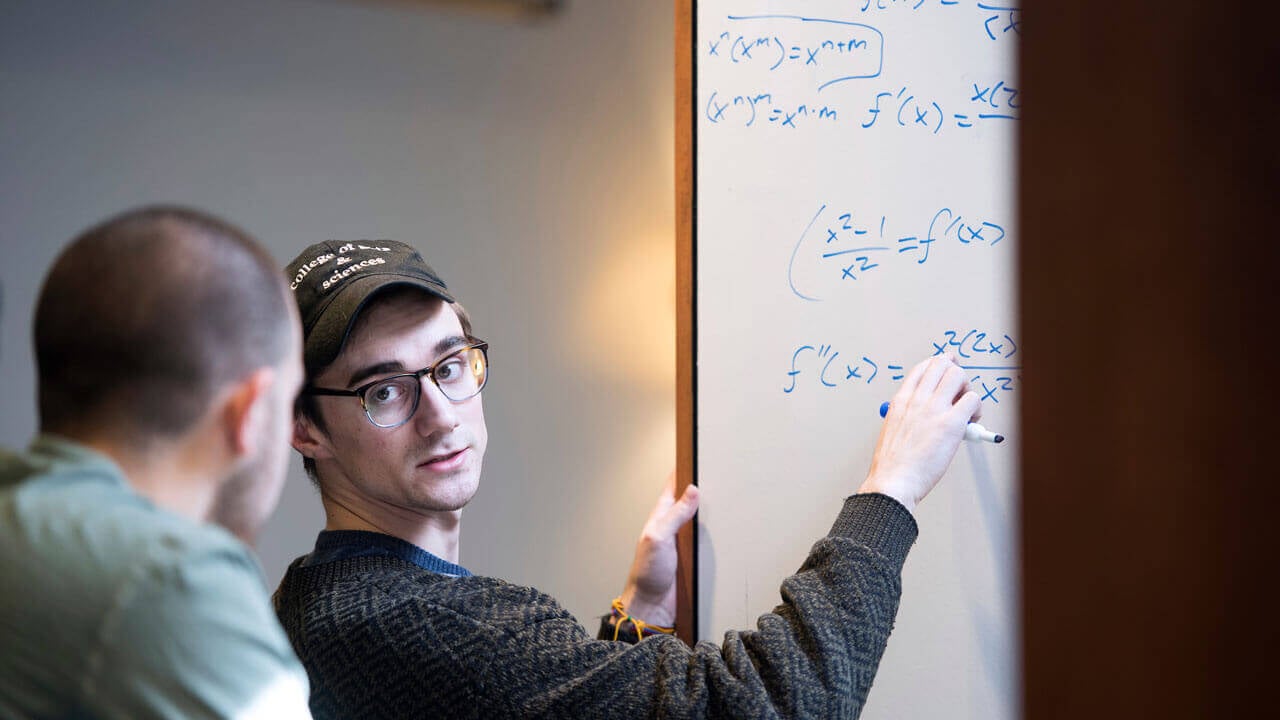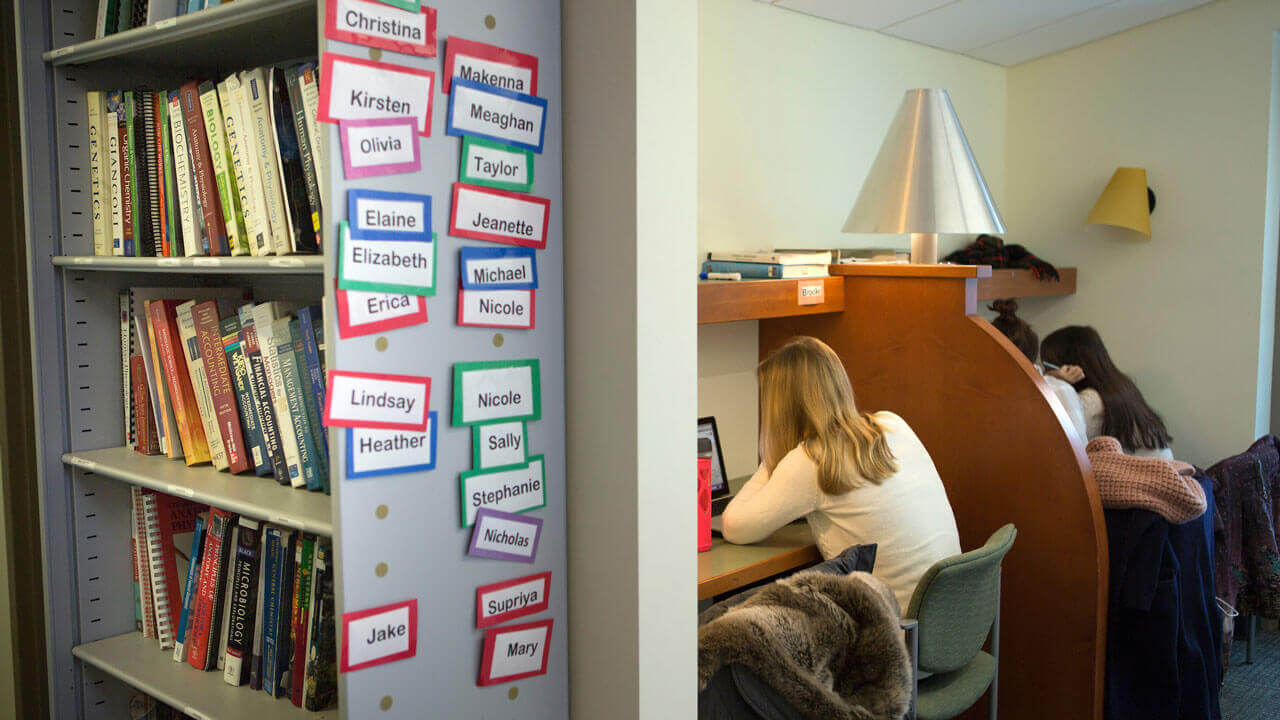
Our professional academic support staff can work directly with you to create a personalized improvement plan that is designed to capitalize on your strengths, improve opportunity areas and help achieve course and learning goals. Through one-on-one sessions with academic specialists, you will assess and revise your improvement plan over the course of the semester while tracking your academic achievement.
In addition to focusing on individual student successes, the academic support specialists use data and learning trends to work closely with faculty in evolving and improving teaching strategies. This collaborative approach helps ensure student success and is rare among institutions of higher learning.
Academic specialists are always available to help you achieve your goals and can be found on both our Mount Carmel and North Haven campuses.


